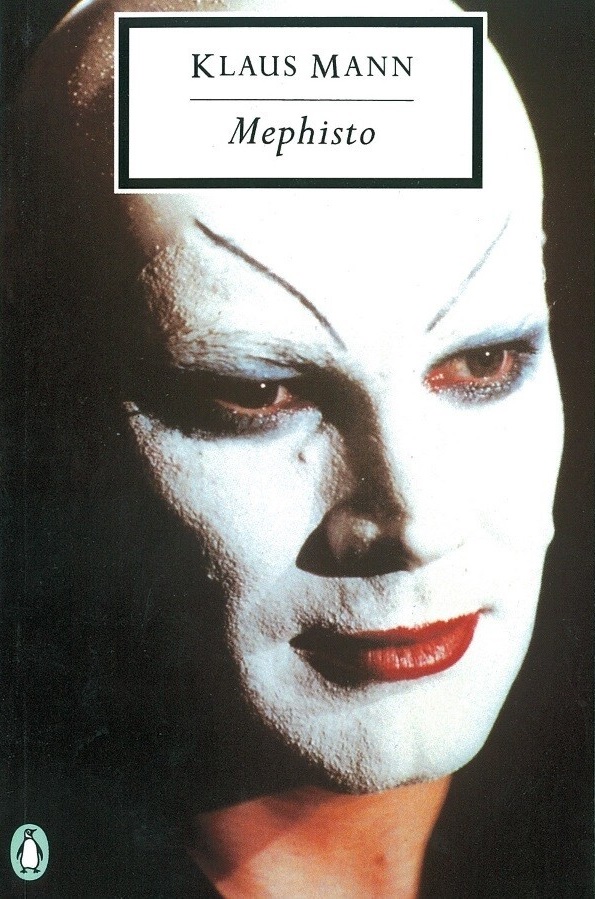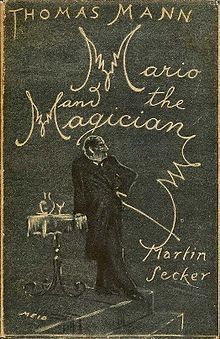
Mephisto
Book Description
A charismatic actor spirals down a dark path as the world around him crumbles. In the smoky haze of 1930s Berlin, ambition collides with moral decay as he navigates a treacherous landscape of art and politics. Betrayal lurks in every shadow, and the seductive allure of power beckons him closer to the abyss. As friendships fracture and ideals dissolve, survival becomes an act of deception. Can he maintain his integrity while dancing with danger, or will he lose everything to his own insatiable desire for fame? As the storm of totalitarianism gathers, what price will he pay for his soul?
Quick Book Summary
"Mephisto" by Klaus Mann is a powerful historical novel set in 1930s Germany, following the rise and moral decline of the ambitious actor Hendrik Höfgen. Against the backdrop of the Nazi regime's ascent, Höfgen sacrifices his ideals and relationships in pursuit of fame and status. As he becomes intimately involved with those in power, he justifies his choices as necessary for artistic survival. Yet with each compromise, he loses more of his conscience, ultimately becoming complicit in the horrors of a totalitarian society. Through Höfgen's story, Mann explores the seductive dangers of ambition, the corruption of art by politics, and the ethical complexities faced by individuals under authoritarian rule.
Summary of Key Ideas
Table of Contents
Ambition and Moral Compromise
Hendrik Höfgen, a talented and restless actor in the volatile world of 1930s Berlin, craves recognition and security. As the Nazi regime begins its rise to power, he faces a series of choices that test his values and loyalties. Driven by ambition, Höfgen is willing to adapt and appease those who can help advance his status, even when it means turning a blind eye to the persecution of friends or betraying his personal beliefs. His willingness to compromise positions him as a star within the new order, but it comes with a growing sense of isolation and inner conflict.
The Allure and Corruption of Power
Central to "Mephisto" is the relationship between art and political authority. Höfgen initially deludes himself into thinking that art is separate from politics, convincing himself that his talent can thrive in any regime as long as he steers clear of controversy. However, as the Nazi leadership manipulates theater for its own propaganda, Höfgen becomes an instrument of the state's messaging. The line separating artist and collaborator blurs, exposing the danger of artistic detachment in times of moral crisis.
Art, Politics, and Responsibility
Personal relationships in the novel become fraught as allegiances shift. Former friends and lovers—many now targets of the new government—see Höfgen’s success as a betrayal of shared ideals. He tries to justify his actions, promising financial or emotional support in private, but repeatedly puts his career above all else. The seductive lure of power erodes his loyalty and compassion, leaving him increasingly alone even as his public acclaim grows.
Betrayal and Loyalty
Mann paints a chilling portrait of self-delusion. Höfgen tells himself that he’s just surviving, that he has no real influence on the events around him. Yet each rationalization leads him deeper into complicity. As Hendrik enjoys the privileges and applause that come with being the regime’s favored actor, he loses sight of the cost to his integrity and the suffering of others, illustrating how easily individuals can forfeit their souls in pursuit of personal gain.
Identity and Self-Delusion
Ultimately, "Mephisto" is an indictment of the dangers posed by unchecked ambition and the ease with which individuals justify their surrender to authority. Through Höfgen’s journey, Mann starkly examines the choices faced by artists and intellectuals under tyranny, highlighting both the personal and societal consequences when principles are abandoned. The novel stands as a warning: the price for fleeting success under a corrupt system may be nothing less than one’s humanity.
Download This Summary
Get a free PDF of this summary instantly — no email required.





